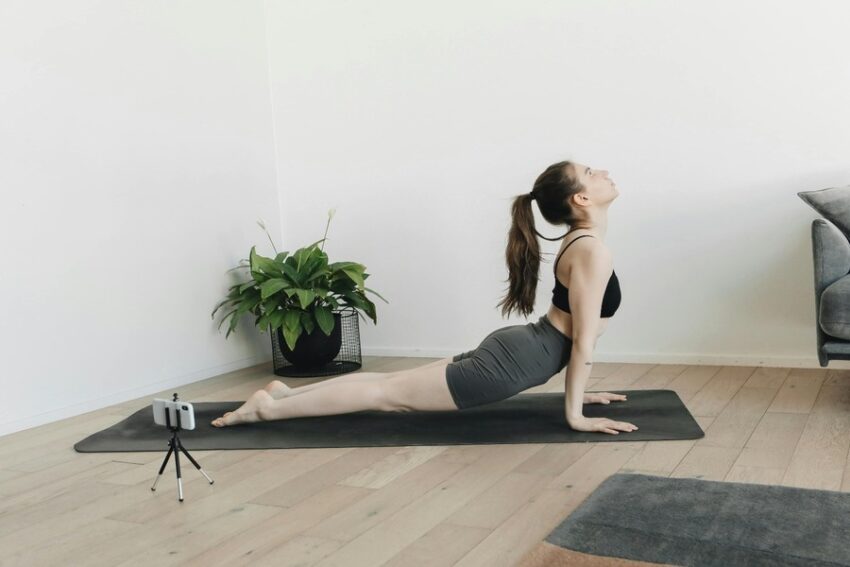In a time when feeling overwhelmed, distracted, or even anxious has become almost commonplace, what if I told you the remedy to quiet a busy mind and create laser-like focus? Is it really that simple and completely natural for your breath?
Welcome to the world of breathwork for managing anxiety and improving focus! Breathwork is an incredibly powerful but often overlooked, mental health tool that you just need a few minutes a day to change your emotional, mental, and thought health.
Let us discuss how to train your breath and incorporate it as a small daily routine, or how to encourage that breath work can be part of a lifestyle change that would perhaps include the best diet plan for weight loss, for a complete physical and mental overhaul.
1. The Breath that Saved my Day
It all started on a crazy Monday morning. Deadlines, back-to-back conference calls, and no coffee sent me into a spin. I was seated at my workplace and my heart was racing as I was engaged in some very serious work. My yoga instructor introduced breath techniques to me in the past. I could count to four to take in breath, four seconds to keep the breath in, four seconds to let it out, then an additional four seconds to hold.
It was a square breath.
I closed my eyes and began. Within minutes, the chaos around me slowed. My chest is unclenched. My spastic brain began to settle. This was my first real experience of breathwork for anxiety and focus. Since then, it has become a ritual to incorporate breathwork into each day.
2. How to Start Your Breathwork Practice
You don’t have to use incense, sit on a meditation cushion, or attend a yoga class. The only thing necessary is your breath.
Follow this simple exercise:
Box Breathing (4–4–4–4) Inhale for 4 seconds → Hold for 4 → Exhale for 4 → Hold for 4 Repeat the cycle for 5 minutes.
Calms the nervous system very well.
Try the 4-7-8 breathing technique: Inhale for 4 seconds, hold your breath for 7 seconds, then exhale slowly for 8 seconds. Do this 3 to 4 times.
This breathing pattern reduces your heart rate and deepens relaxation.
If you do breathwork for anxiety and concentration two times a day, particularly during high-stress
3. The Calm Science
Normally, when a person is feeling stressed, they breathe rapidly, and their body automatically prepares for fight or flight response. Breath work, on the other hand, activates the parasympathetic breathing mechanism. This is when the body is in a relaxed state for rest and digestion.
Slow and deep breaths consciously switch that panic button off. Then, there is a relaxation of the body with mental focus, and the heart rate gets stabilized. So, it is simply like switching your alarm off and telling your mind to be present.
According to regular application of breathwork for anxiety and focus, they make better sleep, lower blood pressure, and can even help emotional regulation; hence they are tools of wellness for the whole body rather than a mental tool.
4. Combining Breathwork with a Lifestyle
Breathwork on its own may not fix it all. When you combine breathwork with healthy habits, you will see some real magic. First, eat a clean diet. Focus on high fiber, omega-3 and magnesium-rich foods that will help lower anxiety more naturally and prevent brain fog.
If you are still looking to lose a few pounds or manage your energy levels, bringing breathwork into the best weight loss diet plan will completely transform your life. You can eat nourishing meals to fuel your body, hydrate, and exercise in moderation. Combining balanced eating whole foods, exercise and breath will contribute to total wellness.
Conclusion:
You need not be literally on a mountain or going into deep silence to discover peace. Very often, the solution is just near you actually, right there on your face. Implement breathwork for anxiety and concentration every day, and your brain will become clear after a storm of confusion, just with the continuous breathing process.

